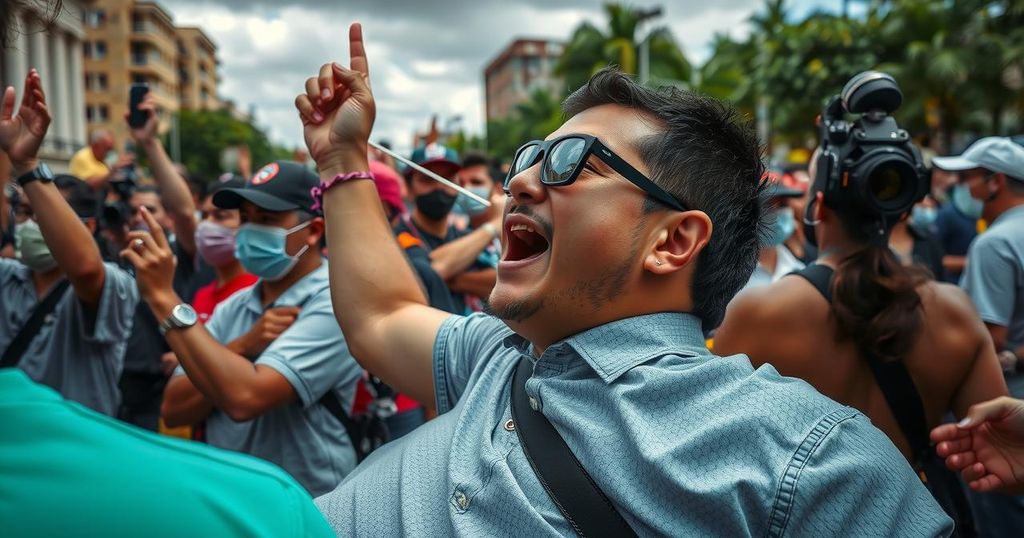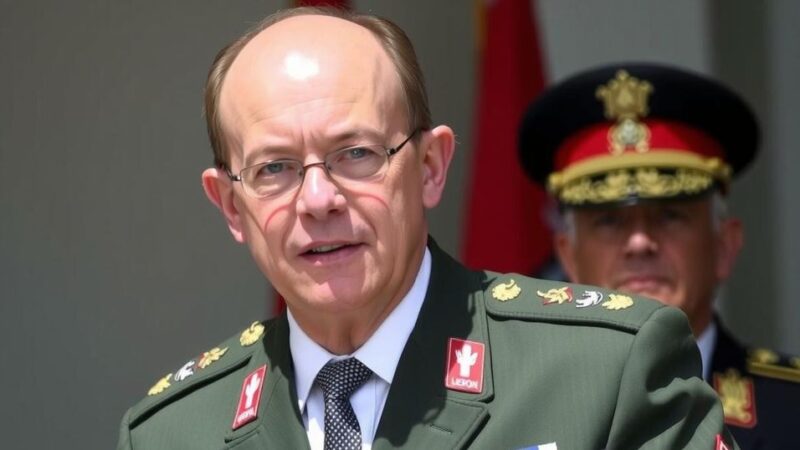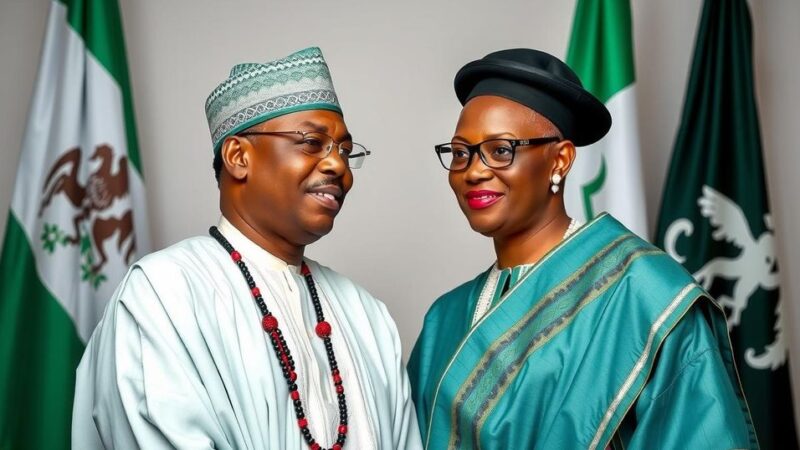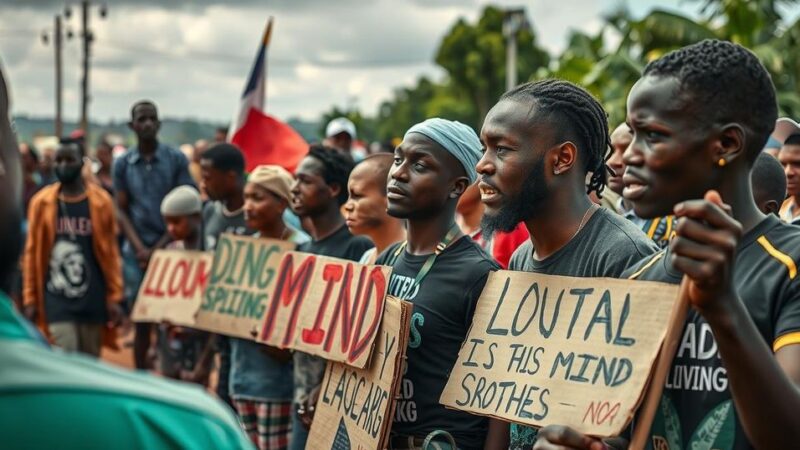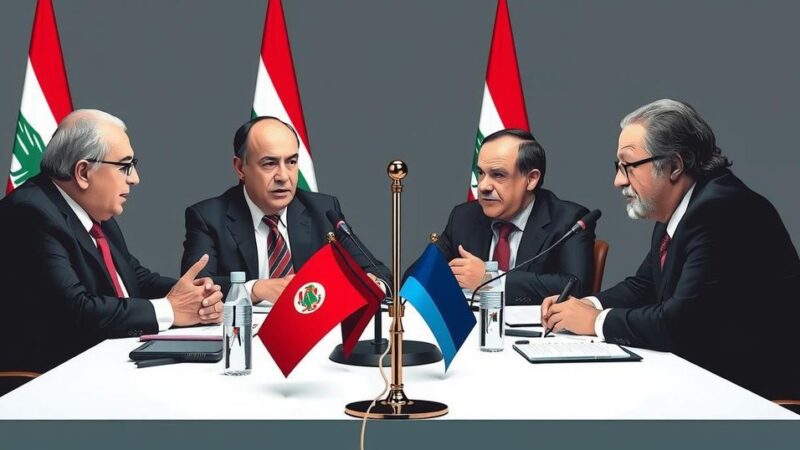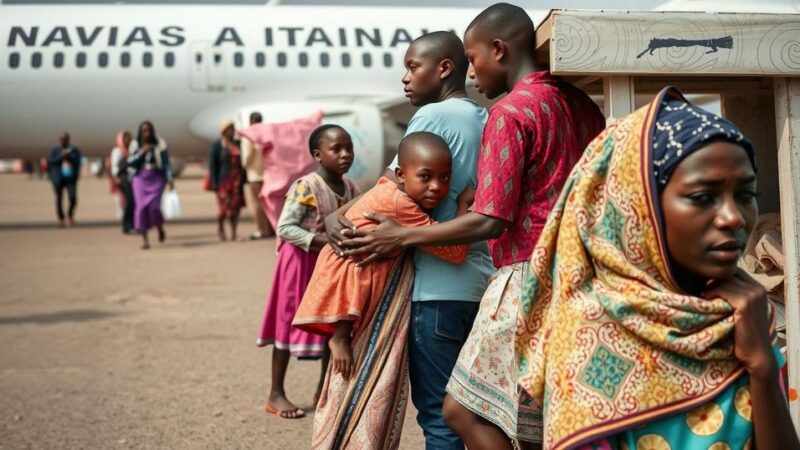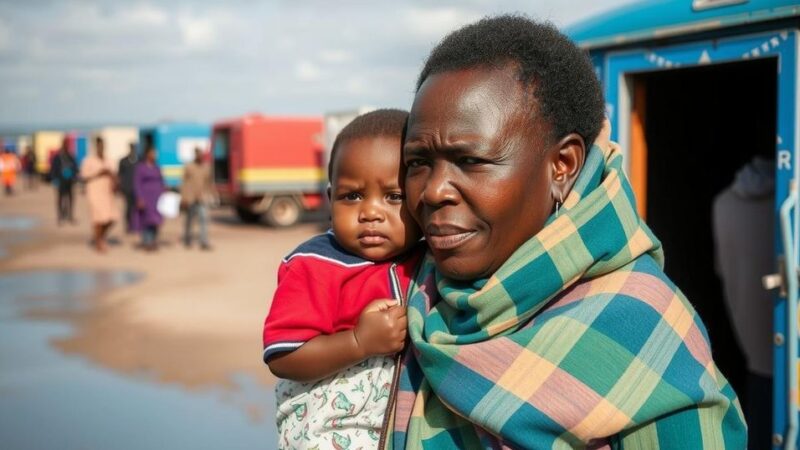Venezuela’s government has released 146 protesters amid claims of electoral misconduct following the July 28 presidential election. The total of released individuals is now 1,515, as President Maduro prepares for a contentious third term. Despite opposition allegations of fraud and international recognition of rival Edmundo Gonzalez as president-elect, Maduro’s administration continues to consolidate power amidst economic turmoil.
The Venezuelan government, led by President Nicolas Maduro, has announced the release of 146 individuals who were detained during protests following the controversial presidential election held on July 28. Attorney General Tarek Saab stated that the total number of prisoners released has reached 1,515. The release coincides with the imminent inauguration of Maduro for a third term, despite significant opposition claims and allegations of electoral fraud.
In the lead-up to the election, Maduro faced scrutiny as he trailed his rival, Edmundo Gonzalez. Following the polls, the government claimed victory for Maduro without providing detailed voting results, leading to protests and widespread allegations of voting irregularities. Human rights organizations reported that approximately 2,000 people were detained during the subsequent crackdown, and at least 23 demonstrators were reportedly killed.
Venezuela’s higher judiciary has validated Maduro’s election victory, while the opposition accuses these institutions of being biased in favor of the ruling party. In an escalating tension, the Venezuelan government issued an arrest warrant for Gonzalez, who has sought refuge in Spain. Nevertheless, he remains adamant about returning to Venezuela, claiming he holds the legitimate authority as the elected president and has called upon the armed forces to recognize his leadership.
As the political landscape in Venezuela becomes increasingly polarized, the situation continues to attract international attention. Reports indicate that Gonzalez will meet with U.S. officials, as the United States and other nations have recognized him as the president-elect. However, the effectiveness of external pressure in obstructing Maduro’s upcoming inauguration remains uncertain, particularly in light of the sustained economic crisis and political instability plaguing the nation.
In summary, the release of election protesters highlights the ongoing tensions within Venezuela’s political framework, as opposition leaders contest the legitimacy of Maduro’s administration amid allegations of electoral misconduct and human rights violations.
The political climate in Venezuela has been marked by conflict between the Maduro government and opposition forces, particularly surrounding elections that have been criticized for lacking transparency and fairness. Following the recent presidential election, Maduro announced victory despite accusations of manipulating electoral outcomes. The government’s crackdown on protests has led to imprisonment and human rights concerns, prompting international scrutiny and calls for change by opposition leaders who have fled the country to seek exile and recognition abroad. This release of protesters plays a significant role in the ongoing dialogue about political repression and the rule of law in Venezuela.
The decision to release 146 election protesters is part of a broader narrative surrounding the Venezuelan government’s response to opposition dissent following a disputed presidential election. The actions taken by Maduro’s regime reflect the contentious dynamics within the country, as the authenticity of electoral processes and adherence to democratic principles are called into question. As opposition leaders like Edmundo Gonzalez fight for recognition and navigate their safety while abroad, the international community remains vigilant regarding Venezuela’s deteriorating political situation.
Original Source: www.aljazeera.com

